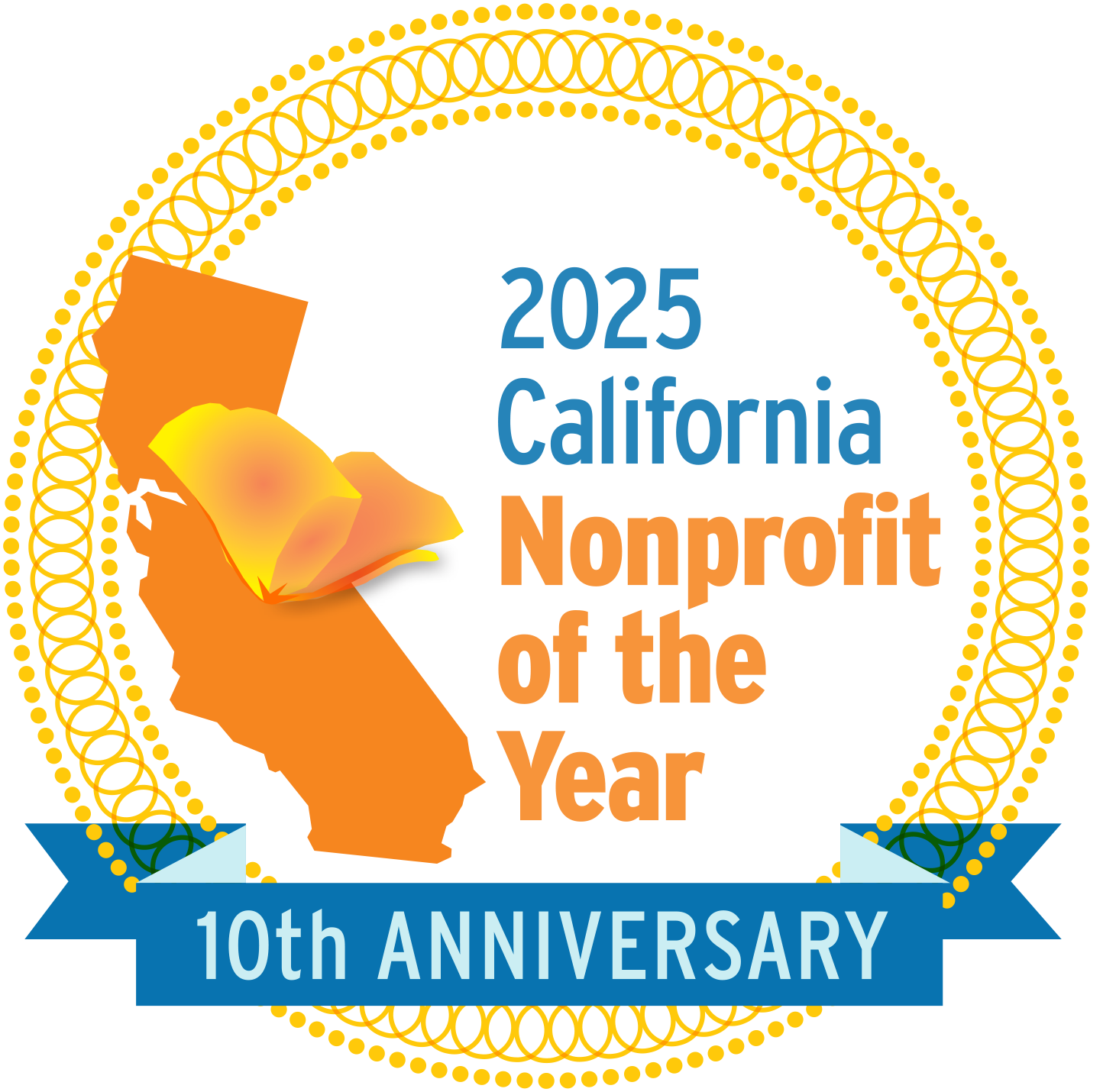Mount Tamalpais College is an independent liberal arts college dedicated solely to serving incarcerated people. For thirty years, we have provided rigorous higher education and college preparatory programs at our main campus, located inside San Quentin Rehabilitation Center (formerly known as San Quentin State Prison). We are driven by the belief that every human being has the right to educational opportunities that allow them to flourish, intellectually, socially, economically, and professionally.
2023
2023




